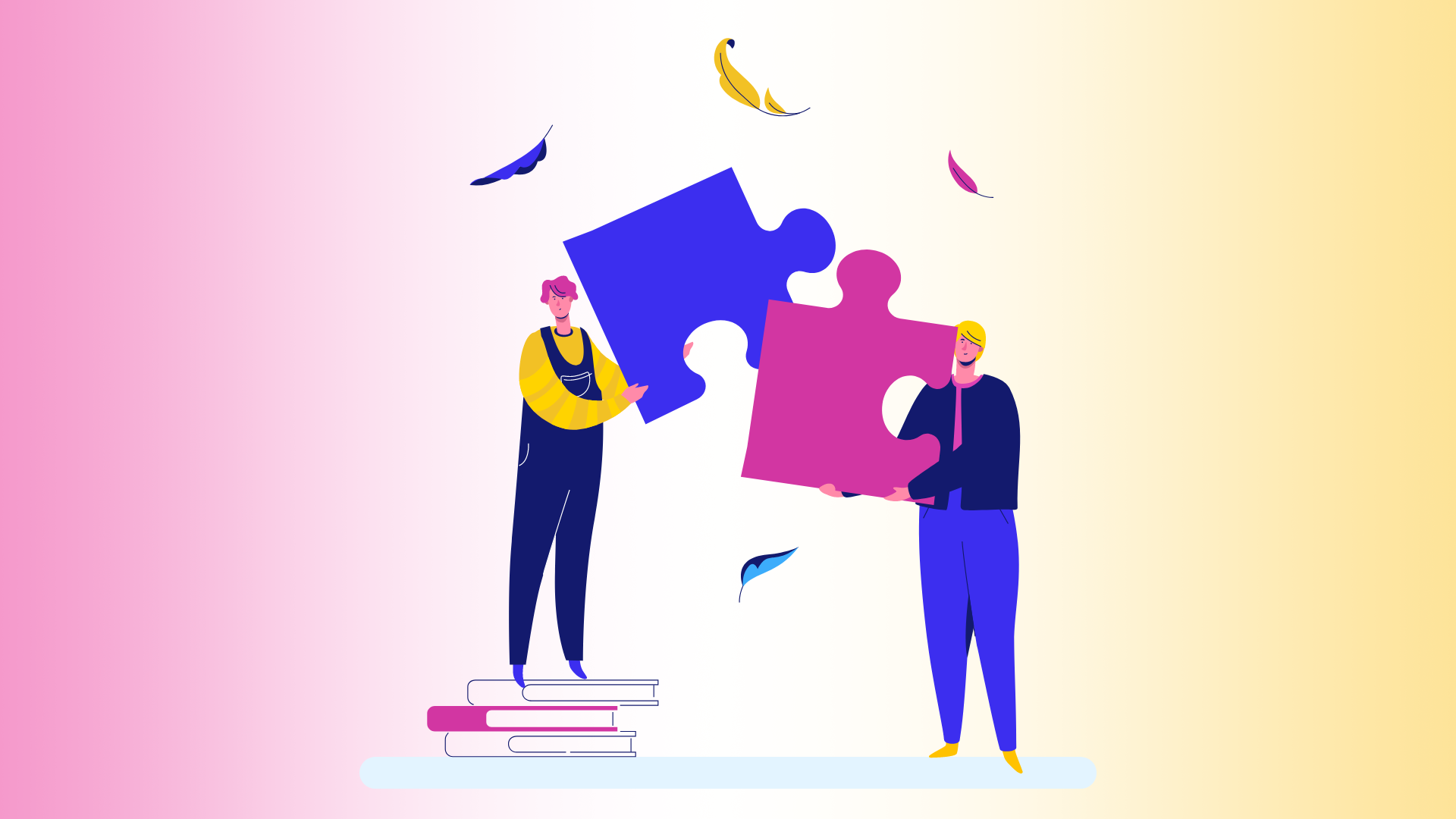Student Loneliness: Let’s Talk About It
Research commissioned by the Government last September found that while loneliness is experienced by almost all students (92%), nearly half (43%) worry they would be judged if they admitted to feeling lonely.
As part of Better Health: Every Mind Matters, the Department for Culture, Media and Sport has launched a campaign that aims to reduce loneliness stigma, which so often prevents young people from reaching out and accessing support.
The campaign targets 16 - 24 year olds, which Government research has shown are the age group that feel loneliest and are least likely to take action to help themselves. It looks to normalise experiences of loneliness and encourage young people to take action, pointing to the Every Mind Matters - Loneliness page for advice and support.
The campaign’s new creative assets bring to life young adults experiencing loneliness in everyday scenarios, such as moving from home and starting a new job. The three 20 second videos showcase the campaign’s strapline to get the nation talking: “Loneliness. It’s a part of life. Let’s talk about it.”
How to support
With the end of term upon us, a period when many students' lives are changing, it’s important they know how to access support.
Loneliness Awareness Week is an annual, nationwide week organised by Marmalade Trust to raise awareness of loneliness running from 10 - 16 June 2024. The week provides a great opportunity to get involved to remind students that it’s OK to feel lonely sometimes, and encourage them to take action if they do.
This year’s theme, ‘Random Acts of Connection’, encourages those everyday moments of connection to help us feel happier and increase a sense of belonging. The theme aims to inspire people to do more daily random connecting and reduce loneliness in themselves and others. There’s a range of acts students can easily take, from having lunch with a peer, volunteering or joining a local park run, with more suggestions and ideas available here.
There’s a number of ways to get involved in the Awareness Week to help normalise loneliness, including sharing the Every Mind Matters - Loneliness campaign’s key messaging via your networks, or hosting an event and sharing it on Marmalade Trust’s Connections map and joining the conversation on social media with the hashtags #EveryMindMatters and #RandomActOfConnection.
To find out more about Loneliness Awareness Week and get involved, check out the Every Mind Matters - Loneliness communications toolkit available to download here or to discuss more bespoke ways to get in touch, please contact campaigns@dcms.gov.uk.
Campaign background
In 2018, the Government made a commitment to address the stigma surrounding loneliness and has since invested over £80 million, in collaboration with partners, to combat the issue.
This includes allocating up to £30 million through the Know Your Neighbourhood Fund to create volunteering opportunities and alleviate loneliness in 27 disadvantaged areas. The Every Mind Matters Loneliness campaign continues to focus on young people and students, who tend to experience the most shame around experiencing loneliness.
Star support
Love Island star Tasha Ghouri and EastEnders actor Bobby Brazier joined a group of celebrities and social media influencers to launch the campaign earlier this year, helping to reduce the stigma of loneliness in young people.
Influencer and founder of online networking community Gals who, Brontë King, star of Netflix’s Heartstopper Bradley Riches and Youtuber Anastasia Kingsnorth also shared their personal experiences around loneliness as well as their reflections on how common loneliness is among young person with the Minister for Loneliness, Stuart Andrew, at 10 Downing Street, with video clips later re-shared across social media.Collectively the stars reach 8.7 million followers across social media.
North Yorkshire-born Love Island star Tasha Ghouri said: “I’m proud to be a part of the loneliness campaign from the deaf representation side. It’s important to speak out whenever we feel lonely and normalise having these open conversations as it will help so many more people out there! From my own personal experiences being deaf and wearing a cochlear implant, it can be isolating at times and I had to look for support to guide me through.
“Opening up and talking about how you feel does so much more good than keeping it in”.
The Every Mind Matters - Loneliness campaign has also developed British Sign Language and Audio Description assets, also available to download in the toolkit here.
Bradley Riches emphasised the importance of the campaign as an autistic and queer person, explaining how “the campaign is extremely important to me because, as an autistic and queer individual, I have found myself lonely at points throughout my life.”
“I think when people think of loneliness, they often think of older people, yet no-one really talks about young people feeling lonely.”
The campaign will be continuing to work with Bradley Riches as an ambassador throughout 2024 to help destigmatise loneliness in young adults.
What’s next?
To continue driving a national conversation about loneliness, the campaign is always live. This year there are many exciting partnerships in motion, including with Borrow My Doggy, where big screen ads will be displayed at universities across the country to highlight the positive impacts that dog walking can have on student wellbeing and alleviating loneliness.
To get involved in the Every Mind Matters - Loneliness campaign, please email campaigns@dcms.gov.uk.





